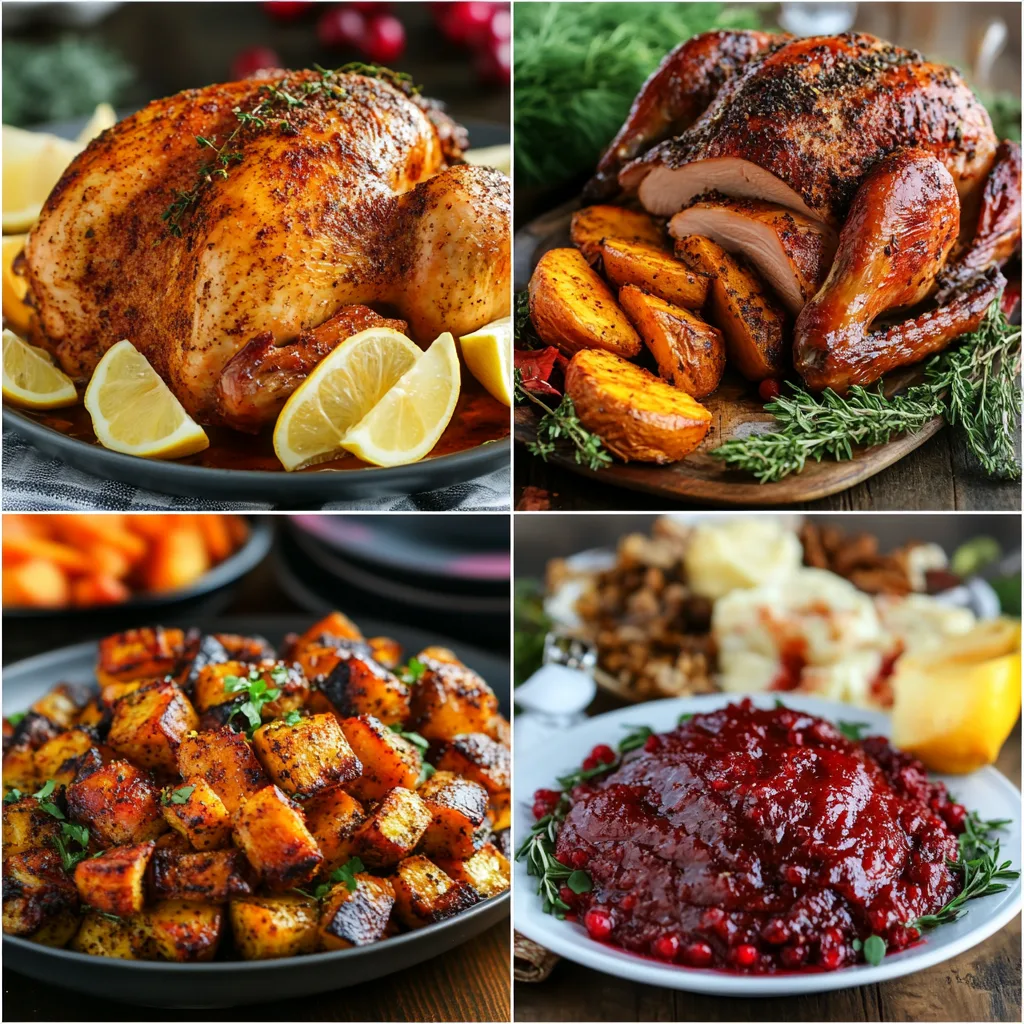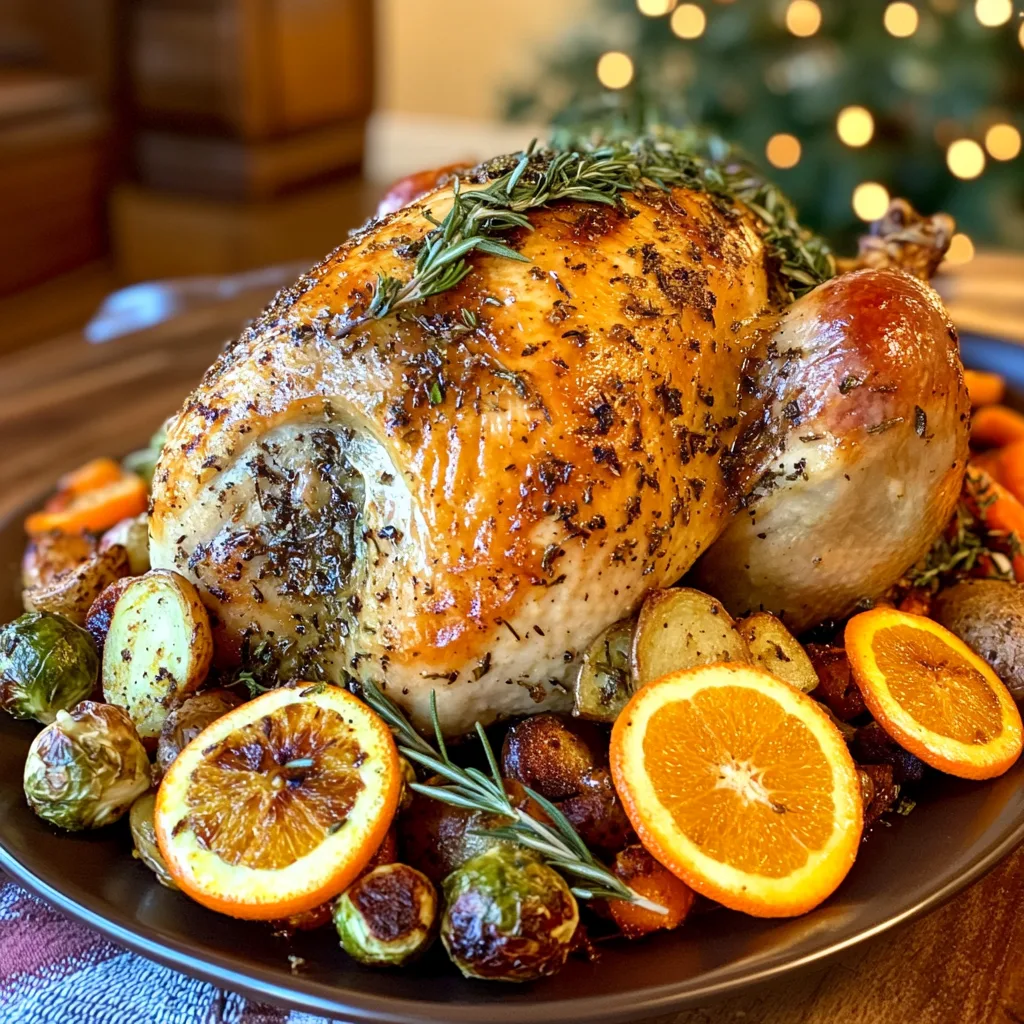When it comes to preparing a special meal, fresh turkeys are the centerpiece of choice for many. They offer superior taste, texture, and natural juiciness compared to frozen alternatives. Whether you’re planning a holiday feast or simply cooking a hearty meal, knowing how to choose, prepare, and cook fresh turkeys is key to a successful dish. In this guide, we’ll walk you through everything you need to know about buying, storing, and preparing fresh turkeys to perfection.
Understanding Fresh Turkeys
What Are Fresh Turkeys?
Fresh turkeys differ from frozen ones in that they are never chilled below 26°F, according to USDA standards. This distinction means they retain their natural texture and flavor better. The term “fresh” also signifies that the bird has been minimally processed and is free from long-term freezing, which can sometimes dry out the meat.
How Fresh Turkeys Are Raised
Fresh turkeys are often raised in environments that promote better care and nutrition. Labels such as “free-range” or “organic” indicate turkeys that are allowed to roam outdoors and are fed high-quality feed, free from hormones or antibiotics. These farming practices result in tender, flavorful meat that many prefer for special occasions.
Fresh vs. Frozen Turkeys: Key Differences
Fresh turkeys are known for their superior texture and taste, but they require proper storage and quicker preparation due to their shorter shelf life. Frozen turkeys, while convenient, may not offer the same level of freshness and often require long thawing times. Fresh turkeys are ideal when flavor and texture are your top priorities.
Buying Fresh Turkeys
How to Choose the Best Fresh Turkey
Selecting the perfect fresh turkey starts with a keen eye for quality. Look for turkeys with firm, smooth skin that appears moist but not slimy. Avoid birds with any off odors or discoloration. Size matters, too—choose a turkey that fits your serving needs but also your oven! A good rule of thumb is 1 to 1.5 pounds per person for a whole bird.
Where to Find Fresh Turkeys
You have multiple options for buying fresh turkeys. Local farms and butchers are excellent choices for high-quality, naturally raised birds. Grocery stores often carry fresh turkeys in the days leading up to major holidays, so it’s wise to shop early. For convenience, many specialty retailers and online stores offer fresh turkey delivery straight to your door, ensuring you get a quality bird without the hassle of hunting for one.
What to Look for on the Label
Understanding turkey labels can save you from confusion. Terms like “organic,” “antibiotic-free,” and “free-range” are indicators of a turkey raised under specific conditions. “Natural” typically means no artificial ingredients or preservatives were added. However, don’t be swayed by buzzwords—always check the USDA seal for authenticity.
How Much Turkey Should You Buy?
Choosing the right size turkey depends on the number of guests and whether you want leftovers. For a smaller gathering, a 10-12 pound turkey works well. For larger families or holiday feasts, aim for a turkey weighing 16-20 pounds. Planning for leftovers? Add an extra pound or two per person to the total weight.
Preparing and Cooking Fresh Turkeys

How to Store a Fresh Turkey Properly
Proper storage is essential to keep your fresh turkey safe and flavorful. Store the turkey in the coldest part of your refrigerator, ideally at 33°F to 40°F, and place it in a shallow tray to catch any potential drips. It’s important to cook your fresh turkey within 1-2 days of purchase to maintain peak freshness and avoid spoilage.
Preparing a Fresh Turkey for Cooking
Before cooking, prep your fresh turkey by rinsing it under cold water and patting it dry with paper towels. Remove the giblets and neck from the cavity, and season the bird generously inside and out. Whether you prefer a classic herb rub or a bold spice blend, applying the seasoning evenly will enhance the overall flavor. For extra juiciness, consider sliding butter or olive oil under the skin.
Cooking Methods for Fresh Turkeys
Roasting a Turkey
Roasting is the most popular method for cooking a turkey. Preheat your oven to 325°F, place the turkey on a roasting rack, and cook it for about 15 minutes per pound. Cover the turkey with foil for the first half of the cooking time to retain moisture, then remove the foil to crisp the skin.
Grilling a Turkey
Grilling adds a smoky flavor to your turkey. Preheat your grill to medium heat, and place the bird on indirect heat. Rotate the turkey occasionally for even cooking, and baste it with melted butter or juices to prevent drying out.
Deep-Frying a Turkey
For those who love crispy skin, deep-frying is an excellent option. Heat the oil to 350°F and carefully lower the turkey into the fryer. Cook for approximately 3-4 minutes per pound. Always ensure the turkey is completely thawed and dry to avoid dangerous splatters.
Common Cooking Mistakes to Avoid
Avoid overcooking by using a meat thermometer to check the internal temperature of the turkey. The thickest part of the breast should reach 165°F, while the thigh should be at 175°F. Don’t skip resting the bird after cooking—letting it rest for 20 minutes before carving allows the juices to redistribute, ensuring tender, juicy meat.

Tips and Tricks for Perfect Fresh Turkey
Resting the Turkey for Juicy Meat
Resting your fresh turkey after cooking is crucial for achieving moist and flavorful meat. Once the turkey is out of the oven or fryer, let it sit uncovered for about 20-30 minutes. This resting period allows the juices to redistribute throughout the meat, preventing them from spilling out when you carve the bird.
Seasoning Beyond the Basics
To bring out the best in your fresh turkey, think beyond salt and pepper. A mixture of garlic, thyme, rosemary, and lemon zest can add layers of flavor. For a bolder profile, rub the bird with Cajun spices or paprika for a slightly smoky and spicy twist. Don’t forget to season the cavity as well—it infuses the turkey from the inside out.
Stuffing Considerations
If you plan to stuff your turkey, ensure the stuffing reaches an internal temperature of 165°F to avoid food safety risks. Alternatively, cook the stuffing separately for a quicker and more evenly cooked turkey. A mix of breadcrumbs, sautéed vegetables, and fresh herbs makes for a classic, savory stuffing.
Perfecting the Crispy Skin
Who doesn’t love crispy, golden skin? To achieve this, rub olive oil or melted butter generously over the turkey before cooking. For an extra crunch, sprinkle baking powder lightly over the skin before roasting. Baste the turkey occasionally during cooking to keep it flavorful and prevent drying out.
Creative Serving Ideas for Fresh Turkey
Serve your turkey with a variety of sides to create a well-rounded meal. Popular options include roasted sweet potatoes, cranberry sauce, and a crisp green salad. For a unique twist, pair the turkey with a honey mustard glaze or a tangy herb sauce for dipping.
Storing Leftover Turkey Properly
Store leftover turkey in airtight containers and refrigerate within 2 hours of cooking. It can last up to 3-4 days in the fridge or 2-3 months in the freezer. When reheating, use a low oven setting and cover the turkey with foil to retain its moisture.
FAQs Section
1. Can I Buy a Fresh Turkey Now?
Yes, you can buy a fresh turkey now, especially if you’re preparing for a holiday or special occasion. Keep in mind that fresh turkeys are typically available closer to major holidays, so it’s best to check local grocery stores, butcher shops, or online retailers. If buying early, ensure proper refrigeration to maintain freshness.
2. Are Fresh Turkeys Worth It?
Absolutely! Fresh turkeys are often preferred for their superior texture and flavor. Unlike frozen turkeys, fresh ones are never chilled below 26°F, which helps retain their natural juiciness. While they may cost more than frozen options, the taste and quality make them a worthwhile investment for special meals.
3. How Long Can You Keep a Fresh Turkey?
A fresh turkey should be kept in the refrigerator and cooked within 1-2 days of purchase. Storing it at 33°F to 40°F is ideal to prevent spoilage. If you’re not planning to cook it within this timeframe, consider freezing it to extend its shelf life.
4. What Is the Average Price of a Fresh Turkey?
The price of a fresh turkey can vary based on factors like size, quality, and farming practices. On average, fresh turkeys cost around $2.50 to $3.50 per pound. Organic and free-range turkeys may be slightly more expensive, ranging from $4 to $6 per pound.
Conclusion
Choosing a fresh turkey is the first step to creating a delicious and memorable meal. Whether you’re looking to buy a turkey for a holiday feast or simply trying a new recipe, understanding how to select, store, and prepare your bird is key. For those wondering where to buy thawed turkey, local grocery stores, specialty butchers, and even online retailers offer great options for whole turkeys near me.
If you’re considering whole turkey organic choices, these are often raised with care, providing higher quality and better taste. As for pricing, how much does a 20lb turkey cost can vary, but planning ahead helps you budget for a turkey that suits your needs. Fresh turkeys bring unbeatable flavor and juiciness, making them worth every penny.
Now that you’re equipped with the tips and tricks for handling fresh turkeys, it’s time to gather your ingredients and prepare an unforgettable dish. Enjoy your meal and impress your guests with a perfectly cooked turkey!
Nutritional Information for Turkey (Per 3.5 oz or 100g of Cooked Turkey Meat)
Here’s an approximate nutritional breakdown for a serving of cooked turkey, without skin, based on white meat. Values may vary depending on specific preparation methods.
| Nutrient | Amount Per Serving | Daily Value (%DV) |
|---|---|---|
| Calories | 135 kcal | 7% |
| Protein | 28 g | 56% |
| Total Fat | 1 g | 2% |
| Saturated Fat | 0.3 g | 2% |
| Cholesterol | 62 mg | 21% |
| Sodium | 50 mg | 2% |
| Potassium | 270 mg | 8% |
| Carbohydrates | 0 g | 0% |
| Dietary Fiber | 0 g | 0% |
| Sugar | 0 g | 0% |
| Vitamin B6 | 0.8 mg | 45% |
| Niacin (B3) | 6 mg | 30% |
| Iron | 0.7 mg | 4% |
| Zinc | 1.5 mg | 10% |
| Phosphorus | 200 mg | 20% |
| Selenium | 25 mcg | 45% |
This table highlights why turkey is a lean, high-protein option that’s rich in essential vitamins and minerals, making it a healthy choice for any meal. Let me know if you’d like additional details or modifications!
External Links and Anchor Text Recommendations- USDA Guidelines for Turkey Labeling
Description: This link provides a detailed explanation of labeling terms like “fresh,” “natural,” and “organic,” helping consumers make informed choices. - How to Choose the Right Size Turkey
Description: A comprehensive guide for calculating the ideal turkey size based on the number of servings and your guests’ preferences. - Best Practices for Roasting a Turkey
Description: Expert tips and techniques for roasting a turkey to perfection, ensuring juicy meat and crispy skin.
Description: This link provides a detailed explanation of labeling terms like “fresh,” “natural,” and “organic,” helping consumers make informed choices.
Description: A comprehensive guide for calculating the ideal turkey size based on the number of servings and your guests’ preferences.
Description: Expert tips and techniques for roasting a turkey to perfection, ensuring juicy meat and crispy skin.

